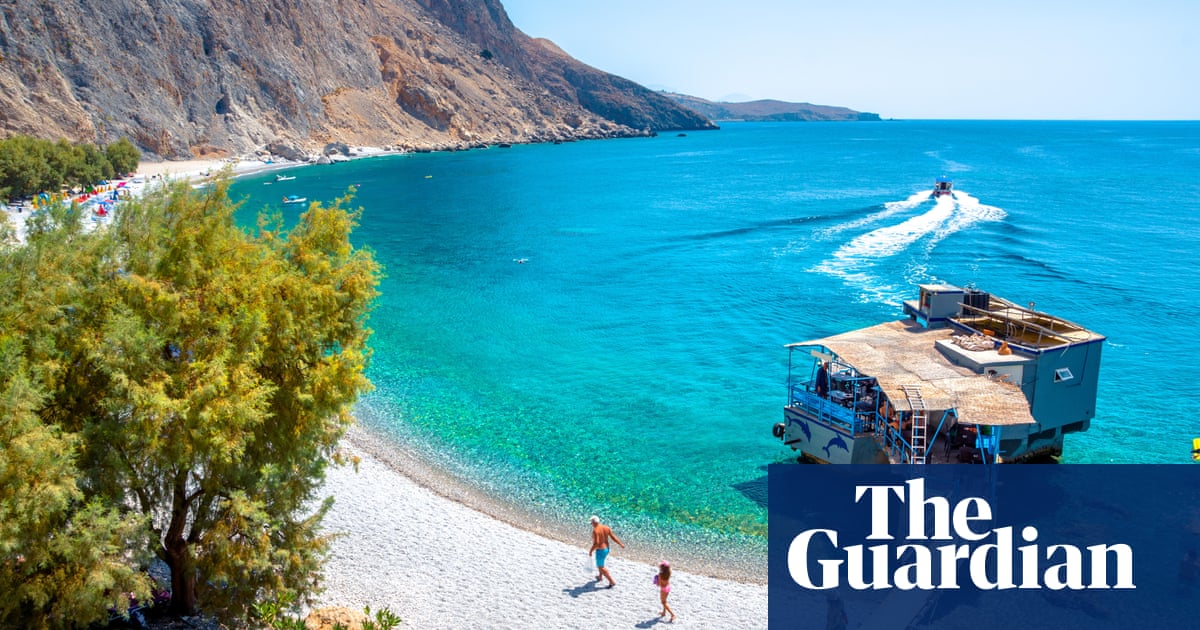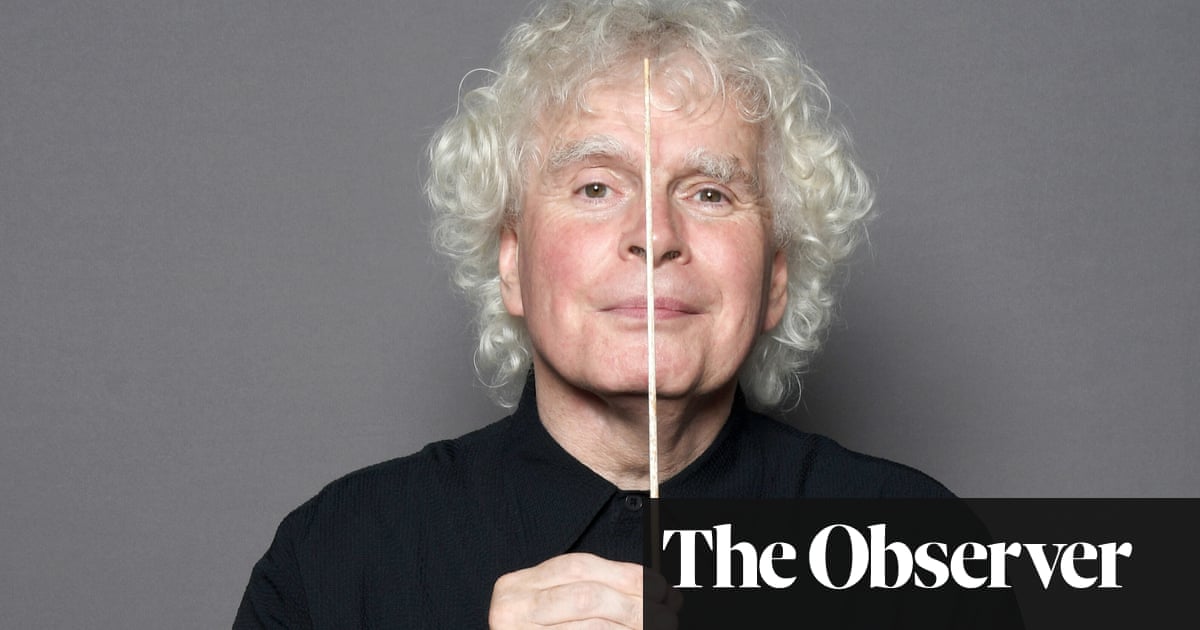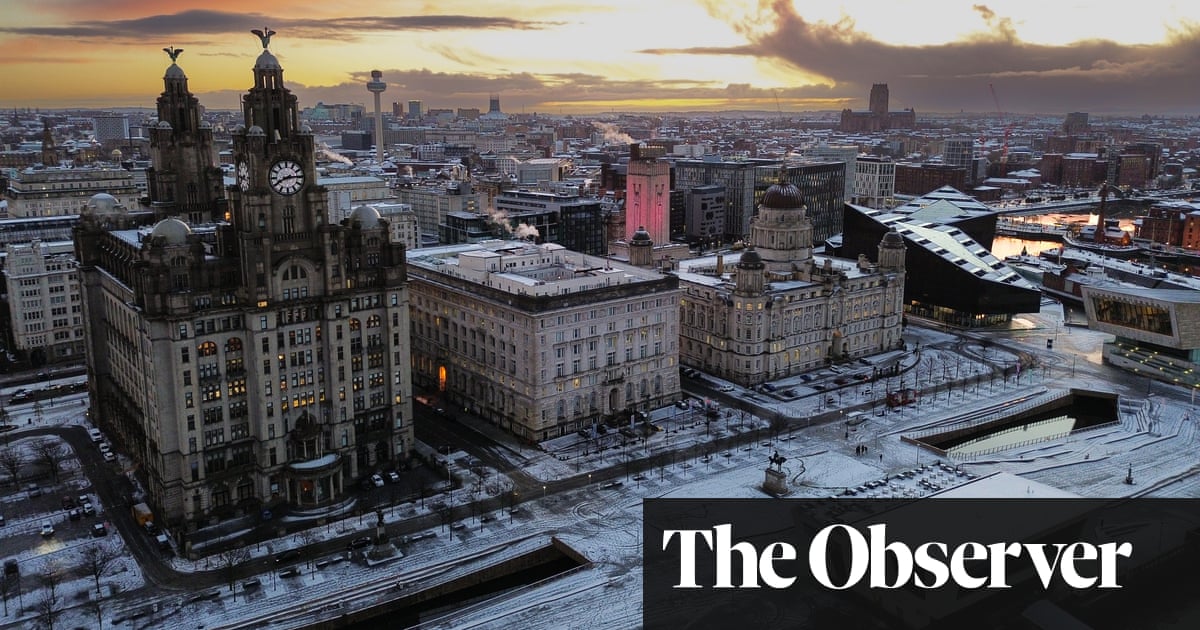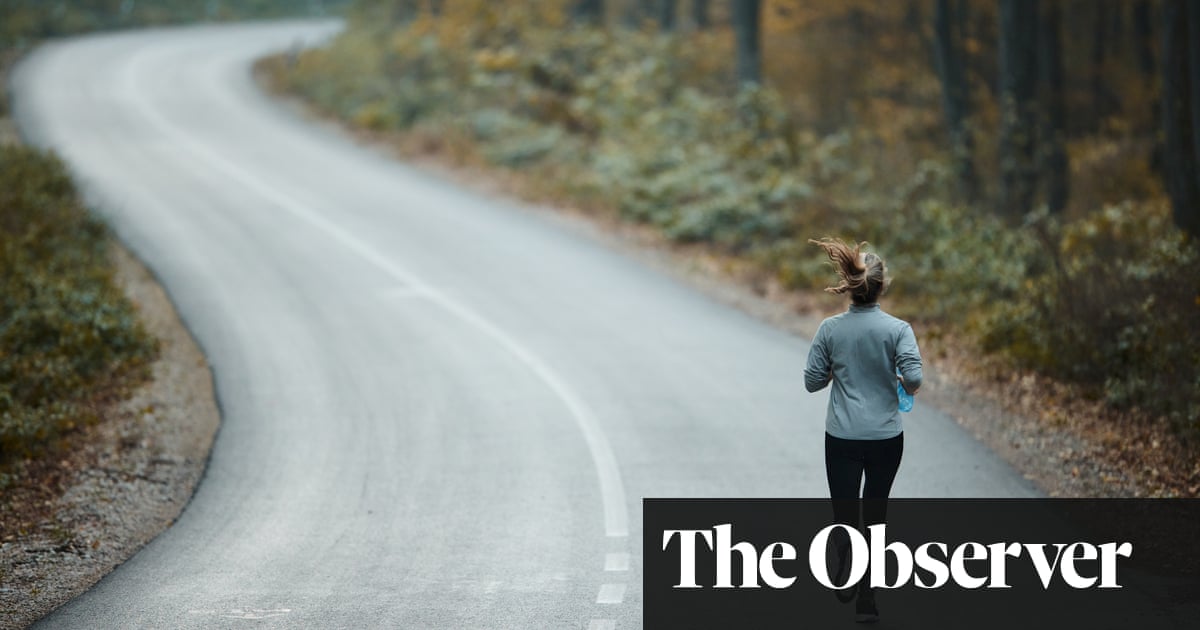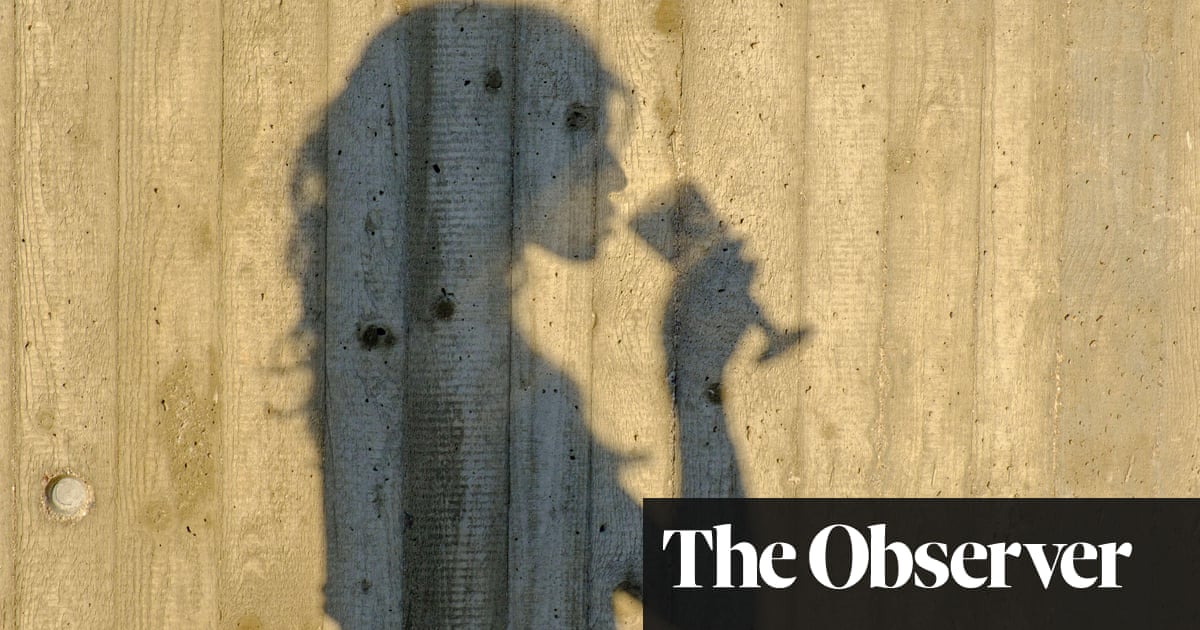In January this year, four-year-old Ruqayya Jahalin, her mother and her five siblings were waiting in a taxi at the checkpoint that is the only way in and out of their home, the occupied West Bank village of Beit Iksa.
Inspections by the Israeli military or border police mean it often takes a long time for Palestinians to enter the besieged village, but everything seemed normal until, out of nowhere, the border police started shooting indiscriminately, hitting Ruqayya in the back.
According to a report by the Israeli newspaper Haaretz, Aisha, her mother, screamed for help, but could not leave the van for fear she would also be shot. The driver called for an ambulance, but the security personnel wouldn’t let the vehicle, nor the girl’s father, pass the checkpoint; after 15 minutes, Ruqayya died in her desperate mother’s arms.
The border police say they aimed at a car behind the taxi, which sped into the checkpoint without stopping. The husband and wife in that vehicle, in their 30s, were also killed. Israeli authorities maintain the incident was a terrorist attack, although the couple’s family disputes this.
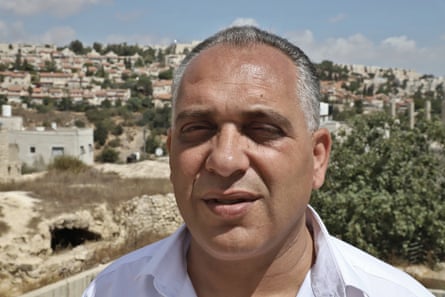
“There are so many problems at that checkpoint … It is the only way into the village and it’s the source of all our problems,” said Beit Iksa’s mayor, Murad Zayed. “Living in Beit Iksa is like living in a prison.”
Beit Iksa’s location on the outskirts of Jerusalem makes it a uniquely isolated village, even by the already punishing standards of Israeli restrictions on Palestinian freedom of movement in the West Bank. Only the 1,800 registered residents, as well as teachers and medics with special permits, are allowed to enter, and there are strict rules for everything else too – food, water tanks, sheep, construction materials.
“My grandchildren are registered in their mother’s village, so they can’t come visit me here,” said Zein Habak, 78. “Many families have similar problems.”
Since the Hamas attack on Israel on 7 October last year and the ensuing war in Gaza, these regulations have become even more suffocating.
An informal crossing – little more than a gap in the fencing near the settlement of Har Shmu’el, a mile away – was the main route for Beit Iksa villagers with Jerusalem permits to get to the contested city without adding hours to the journey. Now, even that has been sealed by a security order, recently upheld by an Israeli court.

“We are appealing, because the land belongs to Palestinians, but the court so far says it is a temporary measure. This is always how it starts: a new restriction comes in, they say it is temporary, but in practice, it becomes permanent,” said Firas al-Assli, a lawyer representing the villagers.
All coordination with the Israeli civil administration in the West Bank has been cut, so there are no longer permits for outsiders to visit for events such as weddings and funerals. Deliveries of cooking gas canisters have been limited to once a week rather than twice; only certain types of animal feed are permitted; tractors and agricultural machinery have been turned back. Residents say they are faced with new rules all the time.
“Because so little is coming into the village, even groceries, the prices go up,” said Mahmoud Kiswani, 54. “And we are not allowed to work in Jerusalem any more, so a lot of people are struggling.”
According to Zayed, teachers at Beit Iksa’s two primary schools have been stopped from entering the village several times this year, and sick people seeking medical help have not been allowed to leave.
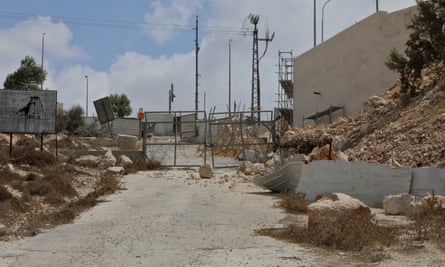
“As well as [the Ruqayya Jahalin incident] a construction worker was injured and it took an hour to get him to a hospital in Ramallah. In June, they held up some high-school students going to take their final exams,” he said.
“Anyone who wants to come in, we have to get security clearance for them,” the mayor continued at a community meeting during the Guardian’s recent visit to Beit Iksa. As he spoke, his mobile phone started to ring. “That’s the bin men,” he said. “I need to send someone to the checkpoint to go receive them.”
The Israeli military and border police did not respond to the Guardian’s requests for more information about the restrictions imposed on Beit Iksa.
Over the years village land has been seized one chunk at a time by the Israeli state for the expansion of Ramot, a settlement that Israel considers a suburb of annexed East Jerusalem. In 2010, land was confiscated for the construction of the Jerusalem-Tel Aviv railway; today, the train is visible from almost everywhere in the village, speeding past over a high bridge built on the hilly Palestinian fields and orchards.
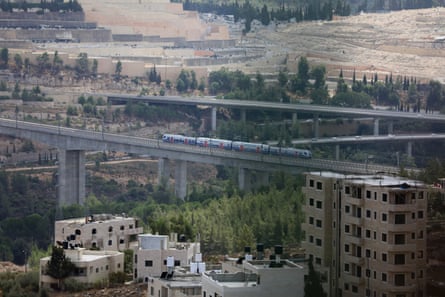
Beit Iksa is only 200 metres away from the west side of Ramot, but unlike other villages in the area, there is no fence or wall separating it from where Israelis live – just a valley. Afraid that Palestinians would use the village to enter Jerusalem during the second intifada, or Palestinian uprising, in the 2000s, it was instead cut off from neighbouring Palestinian communities by an electric fence that connects to the West Bank separation barrier.
The measure was billed as temporary, but in 2010, it was supplemented by the permanent closure of the old road leading from Beit Iksa to Jerusalem, and a new checkpoint on the other side of the village. With the informal walking crossing at Har Shmu’el now sealed too, the checkpoint where Ruqayya was killed in January, is the only way in and out.
Amjad Awad, 47, owns the only house in the valley that leads up to Ramot. An Ottoman-era stone dwelling surrounded by roses and olive trees, he has been unable to live there since the Israeli military declared the road off limits, but still comes to look after the garden.
“I remember a long time ago, these Israeli youngsters came when they got lost hiking,” he said. “I gave them a ride back to Jerusalem in my car. That could never happen now.”

.png) 2 months ago
29
2 months ago
29



